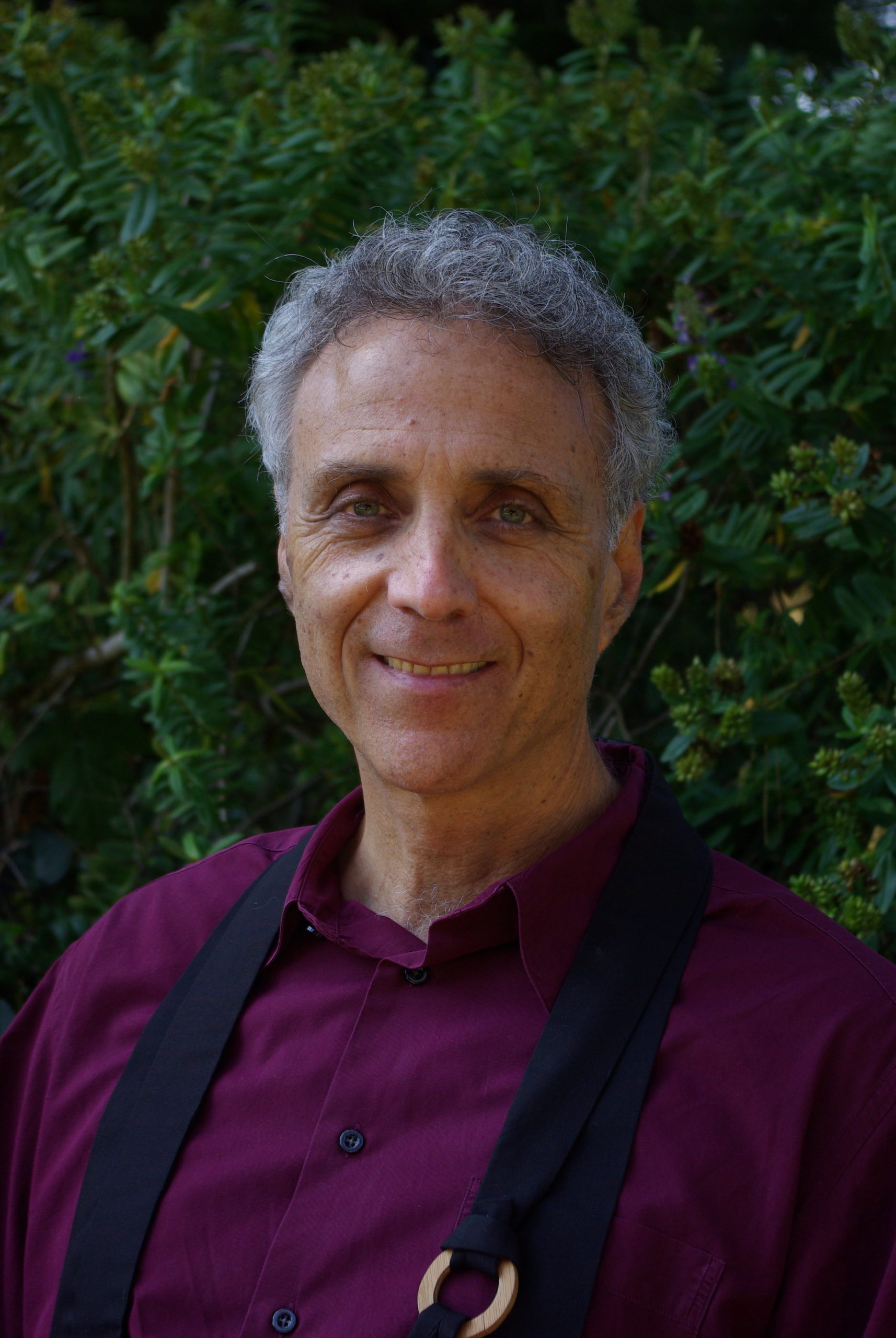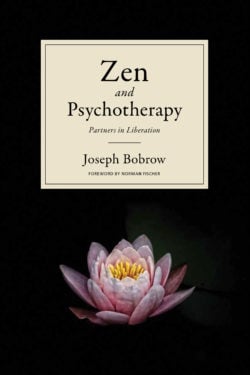Joseph Bobrow

Joseph Bobrow, PhD, practices psychotherapy and psychoanalysis and is the author of three books. His approach is informed by years of practicing and teaching Zen mindfulness. He lives and practices in Studio City, California, and consults and teaches widely on psychotherapy, Buddhism, and how they enrich each other in transforming suffering.
Joseph is also the founding director and Roshi of Deep Streams Zen Institute, which offers Zen practice, interdisciplinary education, and community service. He has long been bringing together the best from Buddhist and psychodynamic traditions in his work to alleviate individual and collective anguish. Most recently, he developed integrative retreats for military veterans, their families, and their care providers that help heal the unseen wounds of war.
Books, Courses & Podcasts
Zen and Psychotherapy
This book is an intimate dialogue that examines the interplay of emotional and spiritual development through the lens of Zen Buddhism and psychotherapy. Zen and Psychotherapy artfully illuminates the intrinsic connections between the two practices, and demonstrates how the traditions can be complementary in helping to live a truly fulfilled and contented life.
Zen teacher and psychologist Joseph Bobrow deftly shows how the major themes of trauma, attachment, emotional communication, and emotional regulation play out in the context of Zen and of psychotherapeutic practice, and how, in concert, both provide a comprehensive, interactive model of fully functioning human life.

